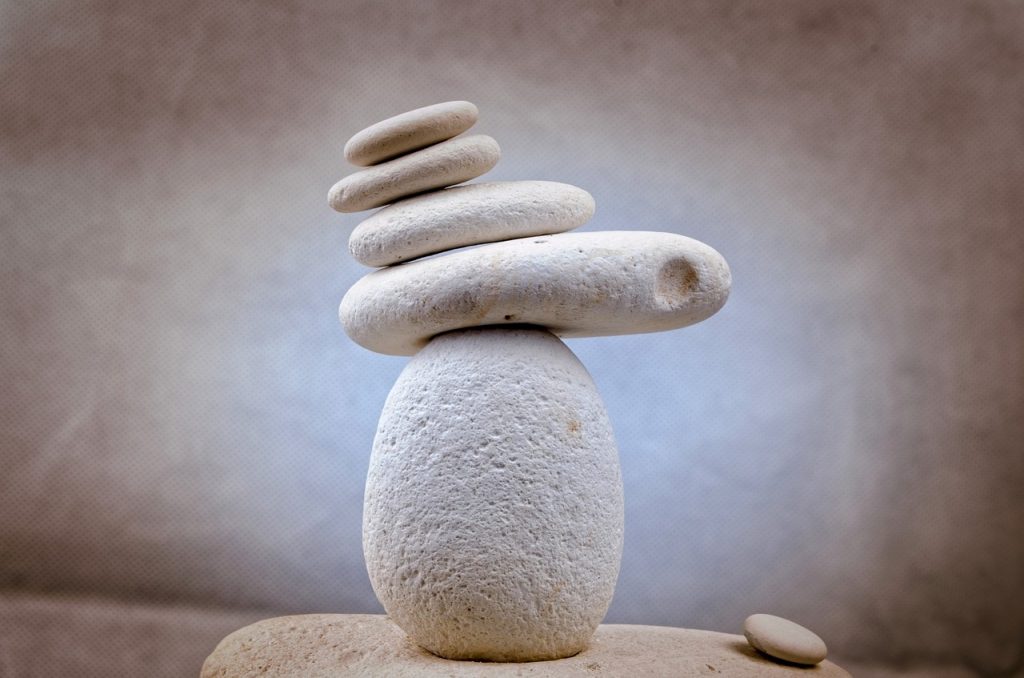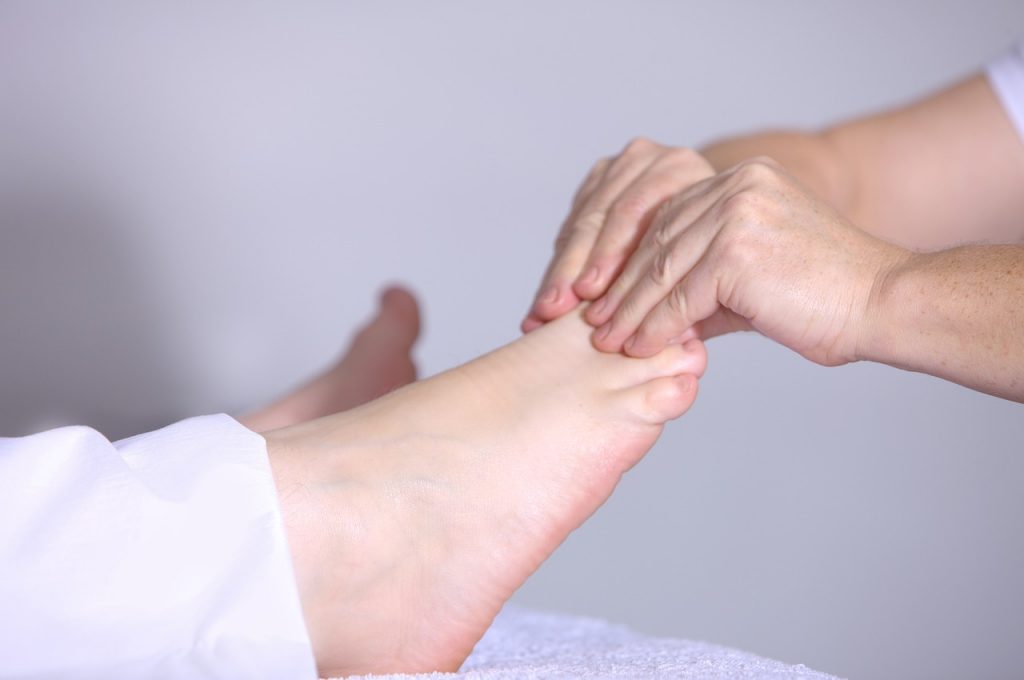Have you ever wondered if there are alternative therapies out there that could help improve your overall well-being? Well, look no further because today we are diving into the world of alternative therapies, specifically focusing on acupuncture and Ayurveda. These ancient practices have gained popularity in recent years, offering a holistic approach to healing and promoting balance within the body and mind. So, if you’re ready to explore these fascinating therapies and discover how they can benefit you, keep reading!
Acupuncture

This image is property of pixabay.com.
Definition of Acupuncture
Acupuncture is a traditional Chinese medicine practice that involves the insertion of thin needles into specific points on the body. These points, known as acupuncture points or acupoints, are believed to correspond to different organs and systems in the body. The goal of acupuncture is to restore balance and flow of energy, or qi, within the body, promoting healing and overall well-being.
History of Acupuncture
Acupuncture has been practiced for thousands of years in China and has a rich history. It is believed to have originated around 2,500 years ago and has since spread to various parts of the world. Traditional Chinese medicine views the body as a whole and believes that illness and discomfort arise from imbalances or blockages in the flow of energy. Acupuncture was developed as a way to restore balance and promote health.

This image is property of pixabay.com.
Principles of Acupuncture
Acupuncture is based on the principles of traditional Chinese medicine, which sees the body as a network of interconnected systems. According to this belief, energy, or qi, flows through the body along pathways known as meridians. When there is an imbalance in the flow of qi, it can result in various physical and emotional symptoms. Acupuncture aims to restore balance by stimulating specific acupoints along the meridians, promoting the smooth flow of qi.
Benefits of Acupuncture
Acupuncture has gained recognition in recent years for its potential benefits in managing a variety of conditions. Research suggests that acupuncture may be effective in reducing pain, improving sleep quality, reducing stress and anxiety, and promoting overall well-being. Many people also find acupuncture to provide a sense of relaxation and an opportunity for self-care. It is important to note that while acupuncture can be beneficial, it may not be suitable for everyone and should be used as a complement to, rather than a replacement for, conventional medical treatments.

This image is property of pixabay.com.
Common Conditions Treated
Acupuncture is commonly used to manage a wide range of conditions, including chronic pain such as back pain, neck pain, and arthritis. It is also frequently used to alleviate symptoms of stress, anxiety, and depression. Other conditions that may be treated with acupuncture include migraines, allergies, digestive disorders, and hormonal imbalances. It is always recommended to consult with a qualified acupuncturist to determine the best course of treatment for your specific condition.
Safety and Side Effects
When performed by a trained and licensed practitioner, acupuncture is generally safe and associated with minimal side effects. Some people may experience minor discomfort during needle insertion, but this is usually temporary and subsides quickly. Serious complications are rare, but it is important to ensure that the acupuncturist follows proper hygiene practices and uses sterile needles to minimize the risk of infection.
Finding an Acupuncturist
To find a qualified acupuncturist, it is advisable to seek recommendations from trusted healthcare providers or friends and family who have had positive experiences with acupuncture. It is also important to verify that the acupuncturist is licensed and trained in acupuncture, as this ensures that they have received appropriate education and training.
Preparing for an Acupuncture Session
Before your acupuncture session, it is recommended to wear loose and comfortable clothing that allows easy access to the areas being treated. It is also advisable to have a light meal or snack before the session to prevent lightheadedness or dizziness. Avoid consuming caffeine or alcohol before the session, as these substances can affect the body’s response to acupuncture.
What to Expect During an Acupuncture Session
During an acupuncture session, the acupuncturist will discuss your medical history and current symptoms in order to develop an individualized treatment plan. You will then be asked to lie down on a comfortable treatment table, and the acupuncturist will insert thin, sterile needles into specific acupoints on your body. The needles are usually left in place for about 15-30 minutes while you relax. Some people may experience a mild sensation during needle insertion, such as a slight pinch or tingling, but it is generally well-tolerated.
Aftercare and Follow-up
After an acupuncture session, it is common to feel relaxed, calm, and potentially more energized. It is important to listen to your body and take some time to rest and allow the effects of the treatment to integrate. Depending on your individual needs, the acupuncturist may recommend follow-up sessions to maintain and optimize the benefits of acupuncture. It is advisable to discuss any concerns or questions with your acupuncturist and follow their recommendations for aftercare.
